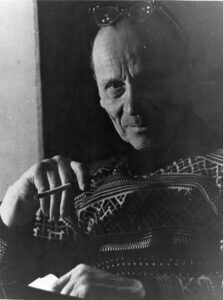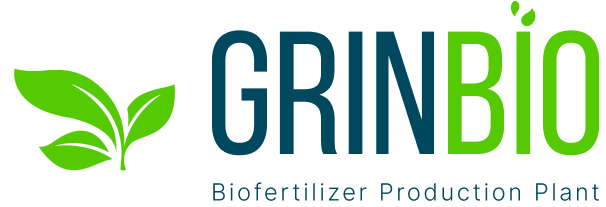Peat is a valuable raw material for the production of organic fertilizers. However, its use in conventional composting methods can be time-consuming and labor-intensive
Electrohydraulic processing of peat by our method allows us to simultaneously obtain complex: both organic and mineral fertilizer in a soluble form, useful and easily accessible for plants.
Electrohydraulic processing of peat by our installation is the most important and most promising source of organic, especially humic substances, which are found in soil or peat peat.
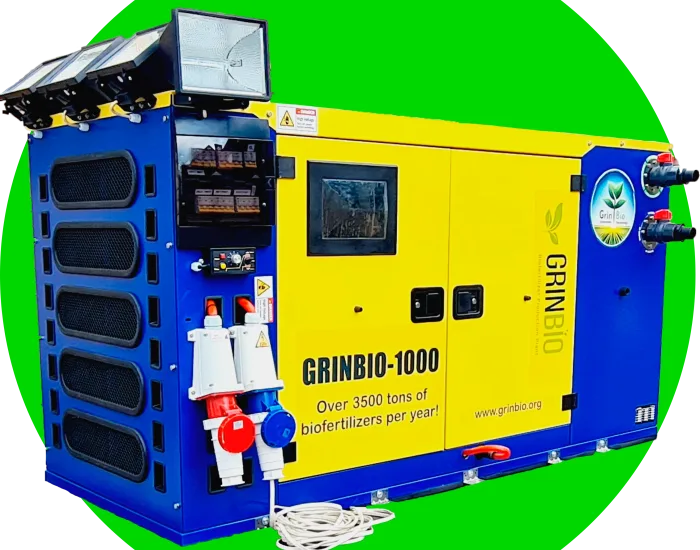
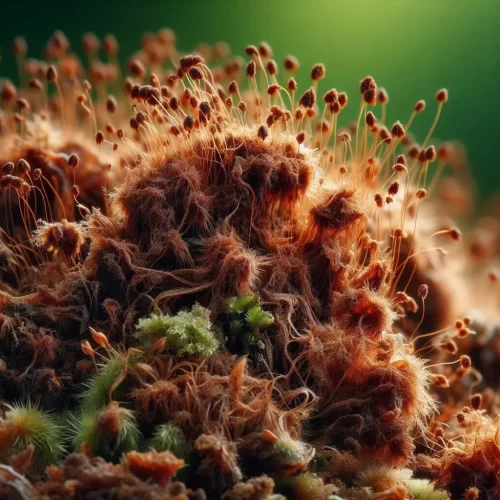
Humic substances of peat contain a huge amount of nitrogen and are able to stimulate physiological processes of plant life. In addition, peat contains almost all elements of the periodic table, useful for the growth and development of plants. But the bulk of biogenic substances are present in peat and water in the form of compounds that are inaccessible to plants. It is only necessary to convert what is already in excess in the fertile soil layer – peat – into a water-soluble state. Nature needs years to do this.
10-FOLD INCREASE IN PROFITS!
FINANCIAL GAIN!
For fertilizer application, on average you need from 30-60 tons per hectare, but when using our mini plant GRINBIO-1000, you will need not only 20 times less, but most importantly, after passing in the plant, the peat is released into the water almost all micro-macroelements, which is significantly beneficial and important for the land to get the maximum of all useful components that are in the peat!
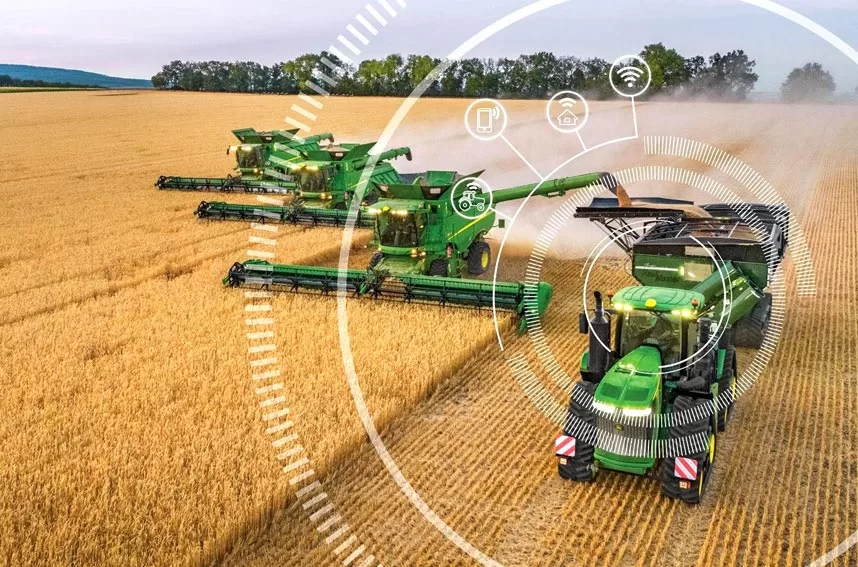
Electrohydraulic processing of peat has a multifactorial physical and chemical effect on complex organic structures and is a promising method of activating it in a matter of seconds.
Therefore, in 1951, L. Yutkin proposed a method of electrohydraulic processing of peat, in which insoluble forms of chemical compounds are converted into soluble ones. This method is known as the Yutkin effect.
